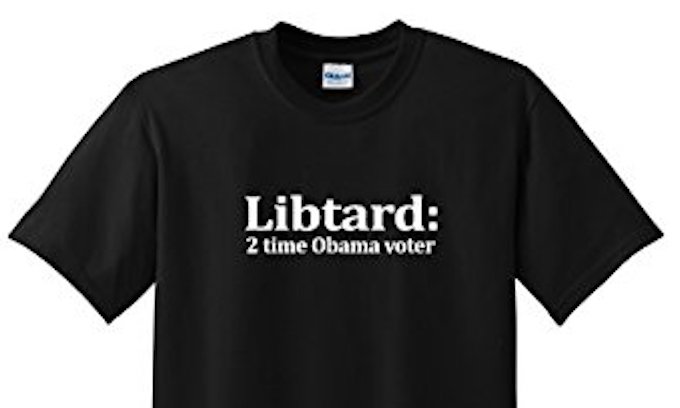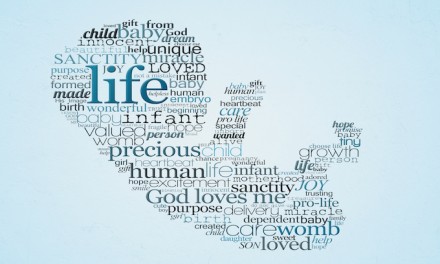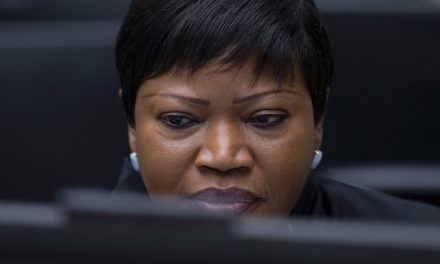An upcoming United States Supreme Court case will decide what Americans can and cannot wear while they are voting.
At issue in the Minnesota Voters Alliance v. Manskylawsuit is a Minnesota law that forbids voters from wearing “any political badge, political button or other political insignias.”
Pacific Legal Foundation (PLF) argues that this open-ended language gives polling place workers unbridled discretion to ban anything that might be interpreted as even slightly ideological – even if it has no relation to any candidate, party or ballot proposal.
“The thing I want from this lawsuit is the same thing I wanted on election day in 2010, and that is simply to wear what I want when I vote and to vote peacefully,” expressed Andy Cilek – a Tea Party supporter who is being represented by PLF.
Cilek believes that enforcing such a law at polling states is nothing less than unwarranted harassment.
“I went into vote in my precinct in 2010 in the middle of my work day,” Cilek recounted. “I didn’t speak to anyone. I didn’t question anything. I simply approached the table and was told by an election judge, ‘You can’t vote unless you remove your t-shirt.'”
The t-shirt to which he is referring had an image of the Gadsden flag and the “Don’t tread on me” slogan.
“How can it be right that any election judge can decide to disrupt the polling place and hassle a voter for what they’re wearing?” Cilek posed. “This isn’t just about me or others who favor the Tea Party. Other voters with political views opposite to me might be similarly hassled and threatened with criminal penalties, such as AFL-CIO or someone with the NRA or Black Lives Matter, etc. – and they shouldn’t be shut up at the polls either.”
Cilek pointed out how the proposed problematic dress code would be subjective.
“One election judge might not see any problem with a certain shirt, but a different election judge might,” Cilek noted. “I see this as subtle voter suppression. Some people who may be ambivalent about voting anyway could very well decide they don’t want their clothes to be analyzed and assessed for election judge correctness, and when it becomes known, that the state is allowed to threaten one person over his or her perfectly legitimate social expression, others may hear, ‘You better watch what you say.'”
Oral arguments for the controversial case before the high court are slated for February 28.
—-
Copyright American Family News. Reprinted with permission.




















Recent Comments